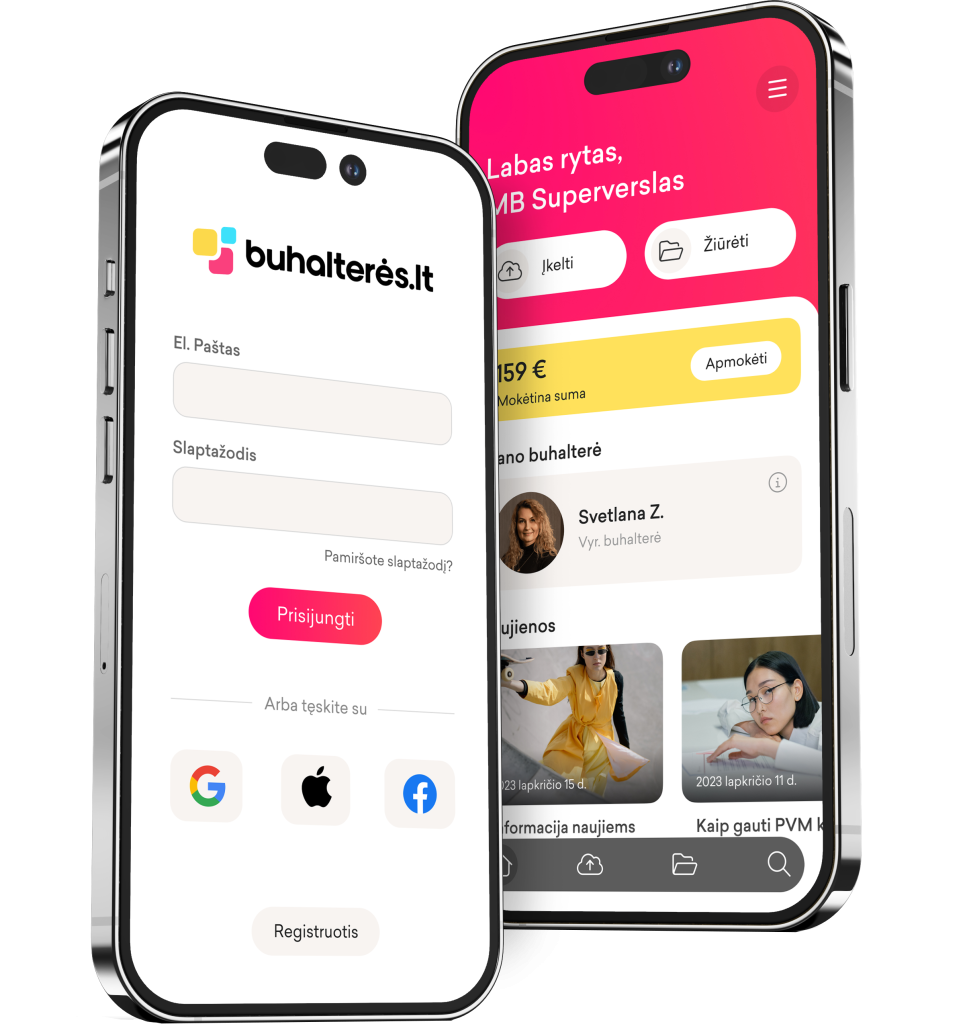At first glance, a work contract might seem like a simple formality. However, upon signing such a document, the employer commits to adhering to agreed rules and being held accountable should the agreement be breached. Violating these terms and conditions or simply not thinking them through can often lead to disputes, which then get taken to courts by disgruntled employees. Here are a few tips for employers on how to correctly draw up a work contract that allows your business to run smoothly and prevents unwanted concerns in the future.
Prerequisites
The work contract must include two prerequisites: a workplace and job functions. The job functions can define particular duties or refer to the work of a certain speciality or profession. Failure to clearly define a worker’s duties in a written text might lead to problems in the future. If the work contract doesn’t include specific job functions, you won’t be able to prove that your employer wasn’t tending to their duties.
A particular place of employment (company) is the second necessary prerequisite, whereas the workplace (structural unit) may be defined but the agreement of both parties here isn’t necessary. If the workplace isn’t defined, the employee cannot issue any claims if it changes.
Payment
This part of the contract – compensation – is particularly important to every employer. It includes the payment system, the size of payments, payment procedure etc. Payment may also be defined elsewhere: in the company regulations, via orders of the managing director, or other administrative acts, but that must be mentioned in the work contract. Decreasing pay without the worker’s knowledge is only allowed when, by law, through a government resolution, there’s a decision to decrease pay for the workers of a certain economic sector, enterprise, or other categories. In all other cases, the employee’s agreement is required.
Trial period
A work contract can be made for a defined trial period, during which you will be able to decide whether the worker meets your expectations. It is extremely important to clearly define the conditions and goals of the trial period. If the trial is legally defined as aiming to test how well a worker suits a particular job position, the contract may be terminated even before the end of its term, if your expectations are not met. The employee must be notified three days prior, but a retirement compensation does not have to be paid. On the other hand, if the trial period is defined as an opportunity for the employee to check whether the job position suits them, you lose the right to decide. In this case, the employee may terminate the contract or themselves decide on further actions after the trial term ends.











